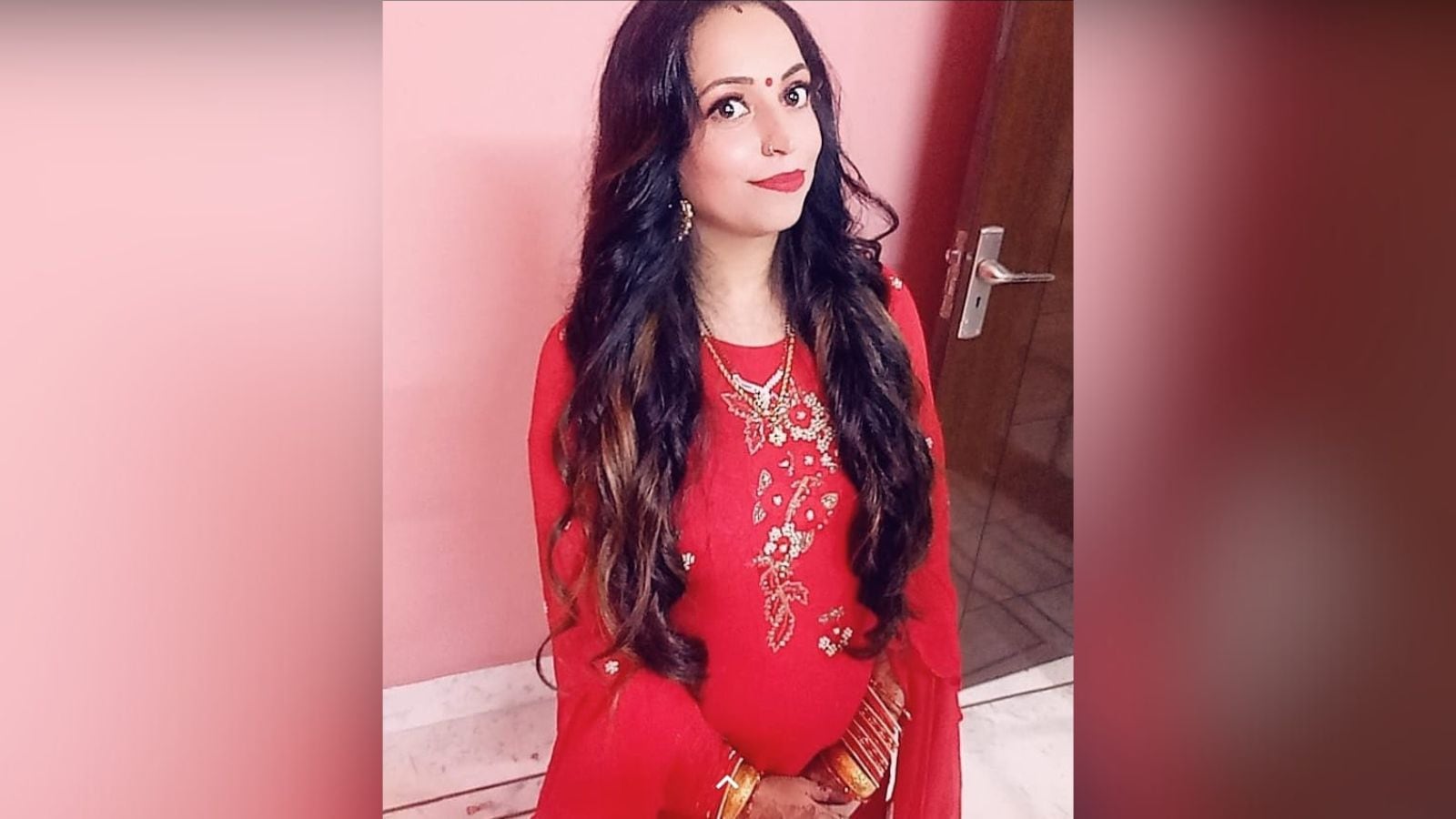In 2004, as militancy began to creep into Pakistan’s Swat Valley, a Hindu business family in Mingora — the region’s bustling trade hub — made a difficult decision.
Dina Nath, who runs a wholesale food business, decided to send his young daughter, Poonam, and son, Gagan, across the border to India, hoping to secure a safer future for them. He and his wife, Paramjeet, planned to follow soon after.
Poonam had just completed Class XII. The siblings were told they would be visiting relatives in India, unaware it would be a permanent move. Paramjeet accompanied them and returned after ensuring that her children were safely settled.
Over the next few months, the siblings moved between Delhi, where their aunt Shahej Kaur lived, and Rampur, staying with their paternal uncle Jagan Nath Chawla, as they gradually adjusted to their new surroundings.
In 2005, Poonam, then in her 20s, married Puneet Kumar, a local businessman living near her uncle’s house in Rampur’s BP Colony.
While living in India on a Long-Term Visa (LTV), she continued to make trips to Pakistan to see her family. But in 2013, that lifeline was suddenly cut. A missing document — a Pakistani ID — blocked the renewal of her Pakistani passport, cutting off her visits.
This week, after nearly two decades of dealing with bureaucratic hurdles and uncertainty, Poonam, now 38, was finally granted Indian citizenship.
Story continues below this ad
“This is extremely important for me… Without a passport, I haven’t been able to travel to Pakistan to see my parents. They, too, have not been able to come to India for a long time,” Poonam told The Indian Express over the phone.
“… 2016 ke baad unhoney (Indian government) visa (Long Term Visa) extend nahi kiya… mera passport phir expire hua tha. Mai beech mai kaafi pareshan thi. Na mai idhar ki thi an udhar ki thi. Hum toh proper apney time par apply kartey they har saal visa extend key liye. Lekhin unhoney hamari process ko aagey nahi badaya. (The government didn’t extend my Visa and my passport had expired. I felt trapped, caught between the two countries for years. I used to apply every year at the correct time for the visa extension, but saw no movement),” she added.
Poonam now plans to get her Aadhaar and voter ID cards and then apply for an Indian passport.
“We received an email from the department concerned confirming that she has been granted Indian citizenship. The hard copy will arrive soon, after which we’ll proceed to get her Aadhaar, voter ID, bank account, and other documents,” said Puneet (45).
Story continues below this ad
Rampur Police also confirmed that Poonam has obtained Indian citizenship.
Poonam said her father, who was born in Pakistan, had married her mother, who was from Rampur, in the 1960s. After their marriage, Paramjeet moved to Pakistan.
Reflecting on her early years in India, she added,, “When I first came here, I didn’t realise tensions were rising back home. Three years later, on returning to Pakistan, I saw that the situation was bad — there was unrest in several areas, and a curfew had been imposed.” She added that the internet was shut down and people were avoiding sending their girls to school as a precaution.
When she married Puneet, who runs a general merchant shop, Poonam’s parents, along with her two other brothers — Dileep and Sunny — travelled from Mingora for the ceremony but returned soon after the celebrations ended. “My parents decided they would move to India only once they completed all the formalities and wrapped up their business in Pakistan,” said Poonam.
Story continues below this ad
Puneet, meanwhile, said he expressed no hesitation about the alliance. “Before we got married, I was aware that she was a Pakistani national.”
Poonam also recounted her struggle to acquire Indian citizenship. Twice, her applications were rejected — each time due to the missing document that she struggled to trace.
Yet, Poonam refused to give up. This year, she applied once again; this time, under provisions of the Citizenship (Amendment) Act, 2019 (CAA). “After the CAA came into effect, I applied for citizenship and got it,” said Poonam, her voice filled with relief and gratitude.
“Now I am eager to visit Pakistan to meet my parents, friends, and relatives,” said Poonam, now a mother to a 15-year-old.
Story continues below this ad
Gagan, who had come to India with her, obtained citizenship in 2016. He is married and lives in Delhi with his family.
Does Poonam know of Nobel laureate Malala Yousafzai — shot in the head by Taliban militants for her campaign for the education of girls — who is also from her hometown? She said she was aware of the incident, and had learned about what happened to Malala through news reports and discussions within the community.

